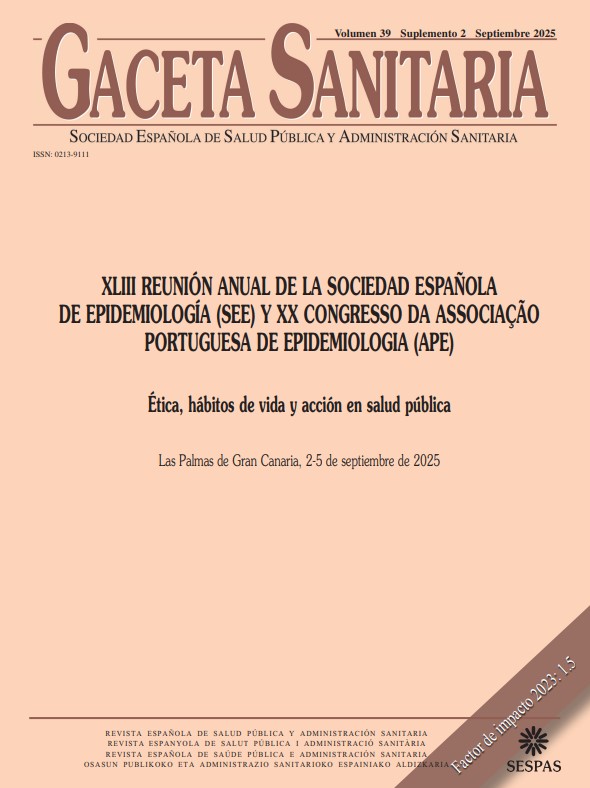1029 - NASA TASK LOAD INDEX: PRELIMINARY RESULTS FROM THE PORTUGUESE ADAPTATION
ESS, Polytechnic of Porto; REQUIMTE/LAQV, ESS, Polytechnic of Porto; Centre for Health Studies and Research of the University of Coimbra/Centre for Innovative Biomedicine and Biotechnology (CEISUC/CIBB); RISE-Health, Center for Translational Health and Medical Biotechnology Research (TBIO), ESS, Polytechnic of Porto.
Background/Objectives: The NASA Task Load Index (TLX) is a subjective method for assessing workload. Mental workload is a psychosocial risk factor that can negatively impact both the physical and mental health of workers. Early assessment and identification of these risks can lead to more effective diagnosis and treatment, enhancing human performance. The NASA-TLX assesses workload across six domains: mental, physical, temporal demands, performance, effort and frustration level. The aim of this work was producing a Portuguese adaptation of the NASA-TLX scale.
Methods: Methodological validation followed 5 stages: translation, synthesis, back-translation, evaluation of the Portuguese version by specialists and pre-test. A questionnaire that included the final version of TLX and some demographic variables were administered. Summary statistics were calculated to characterize the sample, the score for the 6 domains were computed. Reliability was assessed with Cronbach’s alpha.
Results: A total of 115 health professionals, 88 (76.5%) female responded to the questionnaire. The mean age (standard deviation) was 38.02 (10.5). The Cronbach’s alpha was 0.842. The scores ranged from 43.87 (22.23) observed in the Frustration dimension to 65.26 (21.59) the Performance dimension. In a study conducted with nurses, Performance dimension had also the highest levels. The NASA-TLX showed a good level of reliability.
Conclusions/Recommendations: The Portuguese version of the NASA-TLX provides a good level reliability and represents an important instrument for workload analysis in future research on occupational safety and health.















